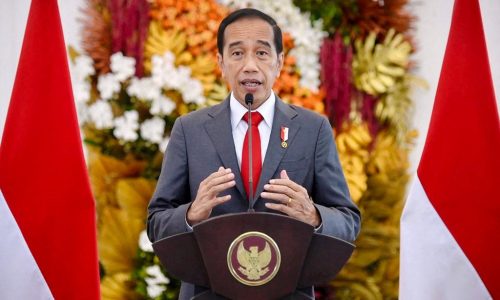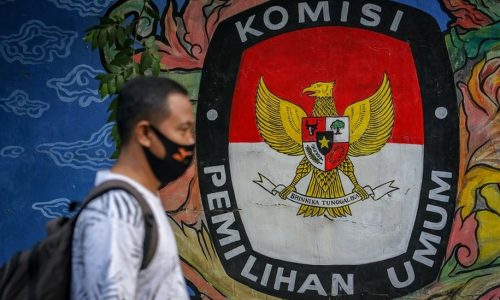PT Vektr Teknologi Mobilitas (VKTR), a subsidiary of Bakrie and Brothers conglomeration, will supply electric bus fleet to West Java-owned enterprise PT Jasa Sarana. VKTR Chairman Anindya Bakrie said the company would provide solutions to reduce emissions from public transportation.









